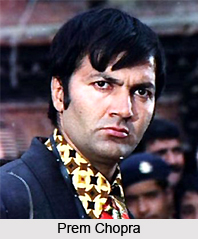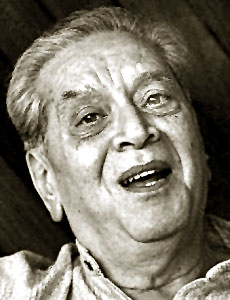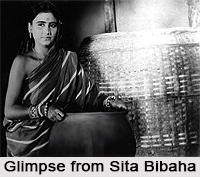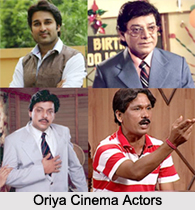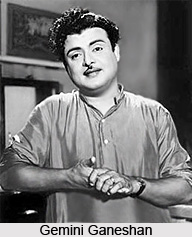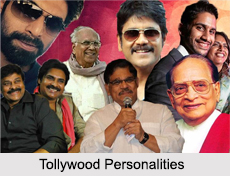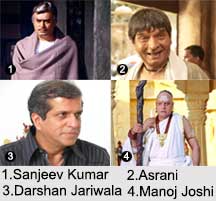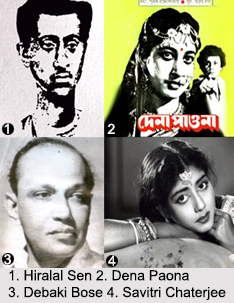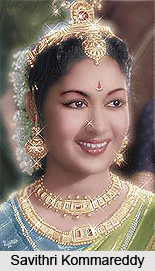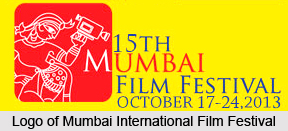 Mumbai International Film Festival is an International film festival held in Mumbai each year. The festival is organized by Mumbai Academy of the Moving Image (MAMI) the festival previews new films of all genres of international fame with a range of Competition and Showcase categories.
Mumbai International Film Festival is an International film festival held in Mumbai each year. The festival is organized by Mumbai Academy of the Moving Image (MAMI) the festival previews new films of all genres of international fame with a range of Competition and Showcase categories.
Walter Benjamin had once observed "They (the work of art) are, on the other hand, useful for the formulation of revolutionary demands in the politics of art" in his 1936 essay "The Work of Art in the Age of Mechanical Reproduction" which develops his own contribution to the theory of art. Loss of "aura" of the work of art in the age of mechanical reproduction and celebration through mediums of photography and film is but an everyday phenomenon. This loss of "aura" is essential for Benjamin, for it indicates a shift in the total function of art. Cultural profile of a state is portrayed by the enormous pomp and show of its cinematic opulence, literary majesty, and musical and dance renditions and cinema indeed restores that aura. Time Out puts a spotlight on films to look presumptuous and brazen at the Mumbai Film. It`s only on one occasion a year that the city`s silver screen fanatics get to watch chosen international and quality regional movies in a cinema hall ready to feast on film treats.
With some quality cinema in a decent jumble of genres, reels upon reels of dream is portrayed; the line-up looks pregnant with pledge and assurance. There are a host of international favourites coming to us from the Cannes, Venice, Sundance and Toronto film festivals, with a focus on French, Italian and Afghan cinema along with some restored classics and Indian premieres. These documentary films and filmmakers set out not only explore subject matters that are otherwise sidelined in grander narratives of progress and development, but they also choose to experiment with the formal aesthetics of the form itself thus rescuing it from the tag of objectivism and social realism and opening it up to a variety of possibilities that are politically nuanced and formally open-ended. Political cinema does not necessarily only mean cinema that deals with political issues, but also cinemas that make political choices, both formally and in their subject matter. The political documentary film today, extends this notion of the politics of art.
History of Mumbai International Film Festival
In 1997, a group of film industry stalwarts headed by late Hrishikesh Mukherjee founded the Mumbai Academy of Moving Image as a not for profit Trust. The main intention was to organize an annual International Film Festival of which the film industry and the country can be proud of.
It aims to cultivate an ambience of good and meaningful cinema. Admiration of good cinema, unclothed off all the off-putting labels of art and commercial, can only come about through revelation to the best of films the world has to proffer. The festival is the first step in that route. Thus, art for art`s sake is rejected in the favour of an artistic purpose that is inextricably linked with political struggles of the time. This withering of the aura is especially linked to two developments in film, one the new relationship between the film especially of the actor and the audience, and two, the mass nature of film medium. Both these developments allow the film medium to become a potential revolutionary middling. The distinctions that are normally measured important in art are blurred and often exploded in the medium of film. Mumbai Film festival is a cultural weapon that vows to heighten the socio political context and the Indian life in a panoramic perspective.








